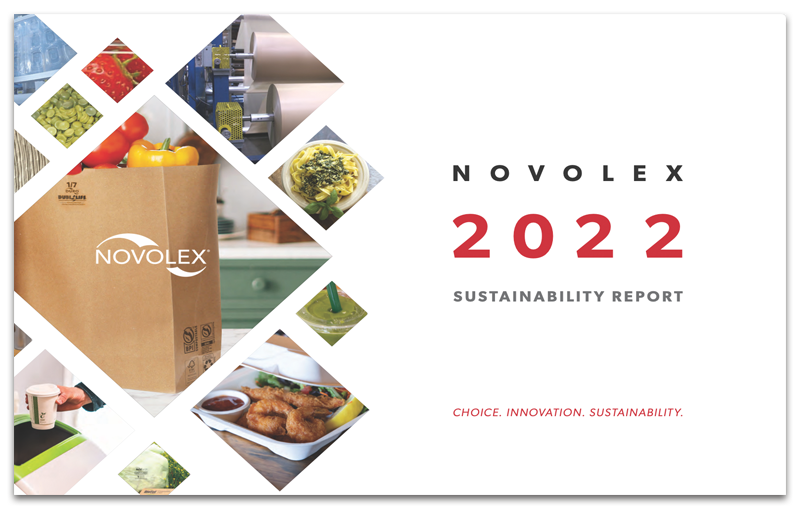Produce Packaging and Angus Soft Fruits See MONOAIR™ in Production at Waddington Europe Arklow
06/02/2023

We were delighted to welcome our customers Produce Packaging, and Angus Soft Fruit to our Waddington Europe Arklow production site in January, so that they could see the stock building of our punnets ahead of the fruit season.
Produce Packaging are Waddington Europe’s UK partner and distributor of fruit punnets, and the UK's leading supplier of packaging materials specifically designed for the Fresh Food industry.
Established in 1980, they supply over 500 produce packers, across multiple sectors in the UK as well as global exports. Produce Packaging have BRCGS AA standard certified distribution depots nationwide in Kent (Head Office), Herefordshire, Scotland and their first purpose-built site in Spalding, Lincolnshire which recently doubled in size in order to keep pace with their growth and as a state-of-the-art investment for the future. Stock items are available with next day delivery on their own fleet of vehicles.
Angus Soft Fruits Ltd is a principal supplier of berries to UK & European retailers. They breed, grow and pack berries from around the world to ensure a consistent supply of the best tasting fruit for their customers.

Left: WE Arklow Extrusion Manager Jonas Valunas explaining the extrusion process. Right: Angus Soft Fruit Supply Chain Coordinator Radoslav Marinov inspecting the stock build.
Waddington Europe’s Head of Production, Derek Giles and the Area Managers were pleased to give Claire Mealing, Krzysztof Melerski, Kyle Murdoch, Denise Powell and Lee Cooper from Produce Packaging as well as Lucy Stephens and Radoslav Marinov from Angus Soft Fruits and Emma Wise and Sally Dempster, also from Waddington Europe, the full factory tour, right through from design and NPD, to tool manufacture, extrusion and thermoforming. Our visitors even got to see our innovative new bubble pad free MONOAIR™ soft fruit punnet being made and were able to review samples on the day!

Kyle Murdoch, Sally Dempster, Radoslav Marinov and Lee Cooper with MONOAIR™ soft fruit punnets hot off the thermoforming machine!

Lee Cooper, Business Development Manager, Produce Packaging said “We thoroughly enjoyed our visit to the Arklow site, and were particularly impressed with how clean the factory was as well as the friendliness and knowledge of everyone we met. It was great to see all the stock being built and we truly are excited for the season ahead”.

Emma Wise and Sally Dempster were delighted to welcome our customers to the 261,000 square foot Arklow production site.
Did you know?
The UK soft fruit market is expected to continue growing in the coming years, driven by increasing consumer demand for fresh, healthy, and locally-sourced produce. In addition to innovation around sustainable packaging materials such as MONOAIR™, here are a few key trends to watch in the UK soft fruit market:
1. Increased demand for berries: Berries such as strawberries, raspberries, and blueberries are becoming increasingly popular in the UK, driven by their high nutritional value and versatility in cooking and baking.
2. Expansion of export markets: The UK soft fruit market is expected to continue expanding into international markets, particularly in Europe and Asia. As a result, we can expect to see more UK soft fruit producers and suppliers seeking out export opportunities to increase their revenue.
3. Climate change adaptation: Climate change is likely to have a significant impact on the UK soft fruit market, with changes in weather patterns and temperature affecting crop yields. We can expect to see more farmers and suppliers adopting sustainable practices and investing in technology to adapt to these changes.
4. Rise of agtech: Agtech, or technology that is used to improve the efficiency and productivity of agriculture, is expected to play a big role in the UK soft fruit market. From precision farming to automation and artificial intelligence, these technologies are likely to be increasingly used to help farmers and suppliers produce more food with less resources.


